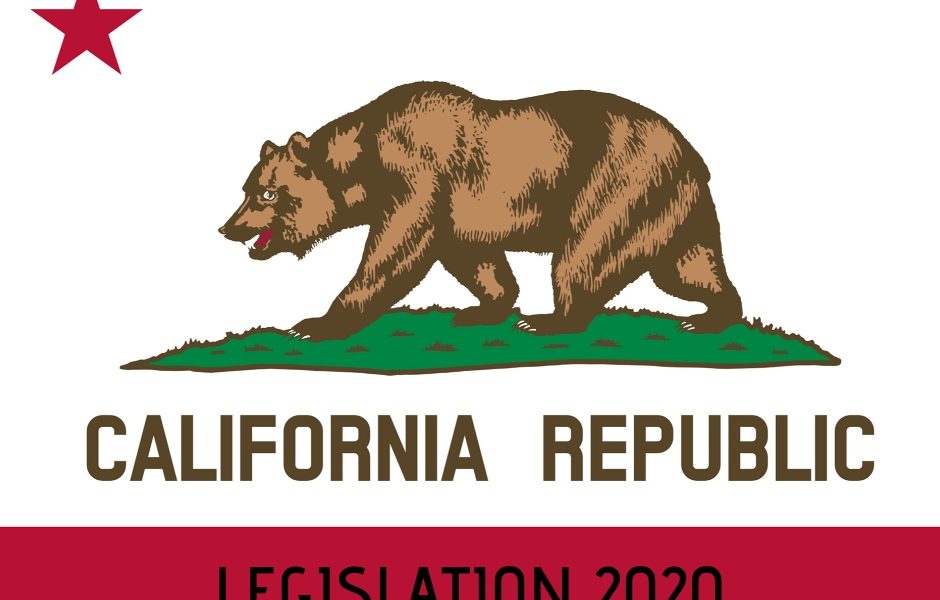Whether you’re running a newly minted start-up or leading an established corporation, genuine trade secrets will almost always provide your company with a competitive edge in the marketplace under both federal and state law. But you must handle them properly. Unfortunately, that edge can deteriorate, or vanish entirely, if your company makes one or more […]
California Ban on Mandatory Arbitration Permitted by Ninth Circuit
In a 2-1 decision, the U.S. Court of Appeals for the Ninth Circuit recently reversed a district court’s order enjoining the enforcement of California Assembly Bill 51 (“AB51”), which is codified as Labor Code section 432.6. The statute prohibits requiring arbitration of California Fair Employment and Housing Act (“FEHA”) and Labor Code claims as a […]
New Legislation that May Affect Your California Business in 2020
We’ve reviewed this year’s legislation coming out of Sacramento to bring you this concise outline of the key statutory changes that could impact your California business sometime in 2020. We hope you find it useful. California Consumer Privacy Act Provides New Personal Information Privacy Rights to Consumers. The legislature amended the California Consumer Privacy Act […]
Defend Trade Secrets in Federal Court – DTSA Anniversary
In May 2016, the United States Congress enacted the Defend Trade Secrets Act (“DTSA”) taking steps to make a “federal case” out of an area of the law that has been the domain of state law since the founding of the Republic. Whether that decision was a good one or not is yet to be […]
Final Pay Rules When Employees Retire
The California Supreme Court has held, in a case of first impression that the state’s final pay rules for retiring employees apply in the same manner as to employees who quit. This is an important clarification of California employment law. Background California has strict final pay rules when employment ends. Labor Code section 201 requires […]





